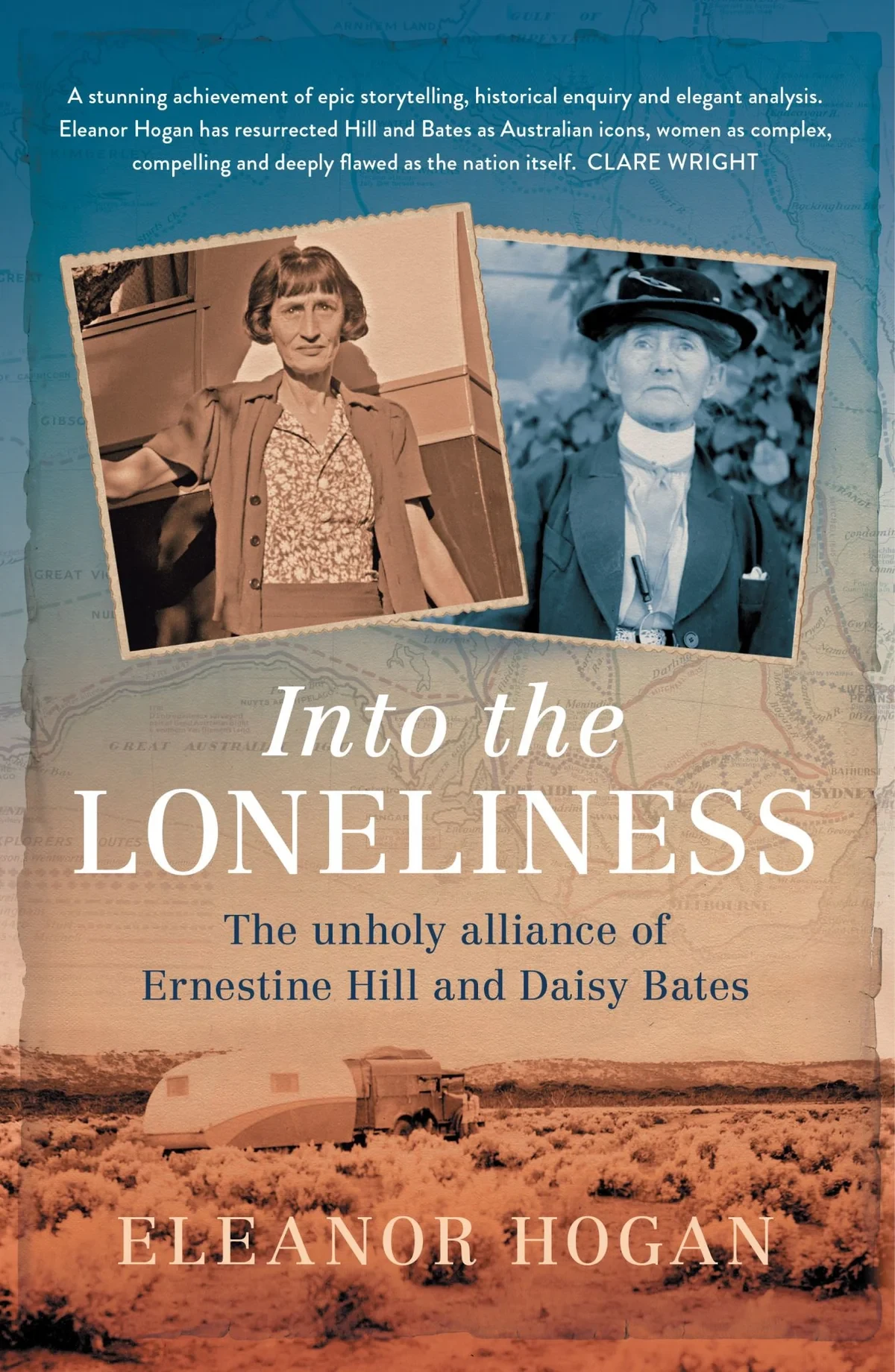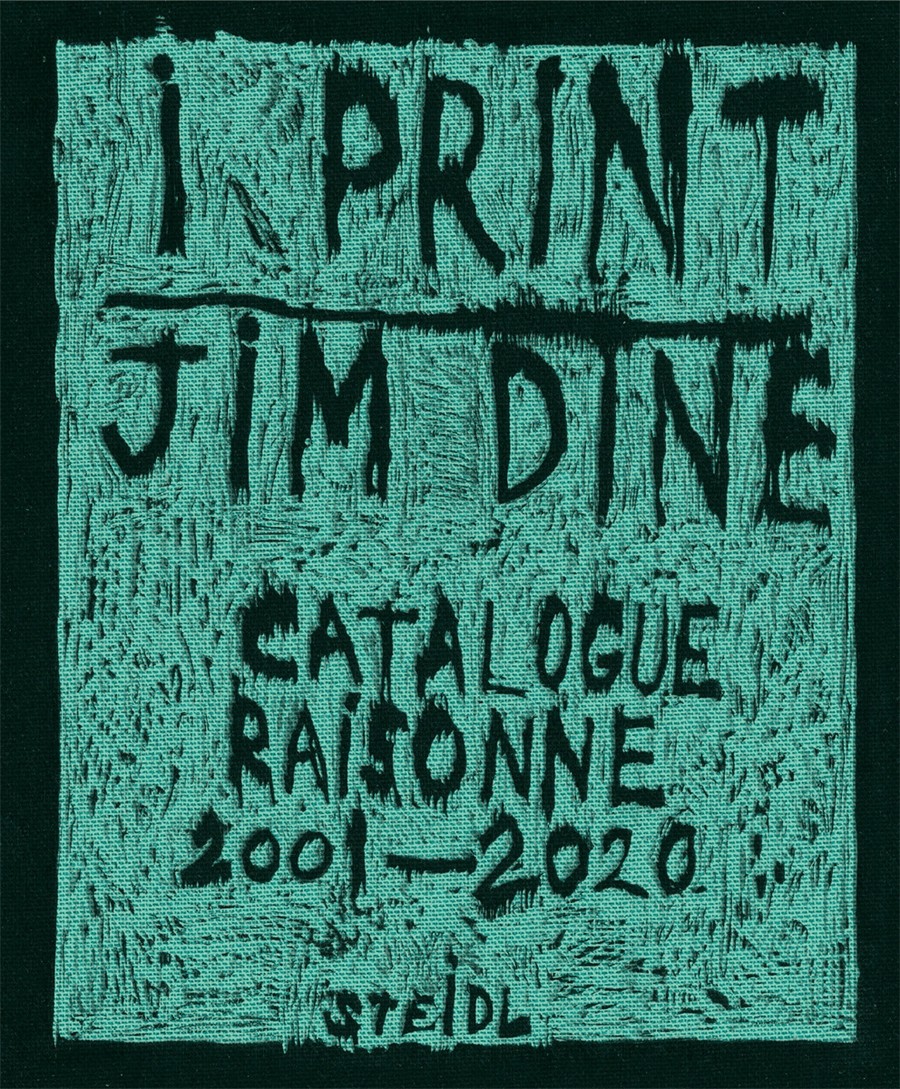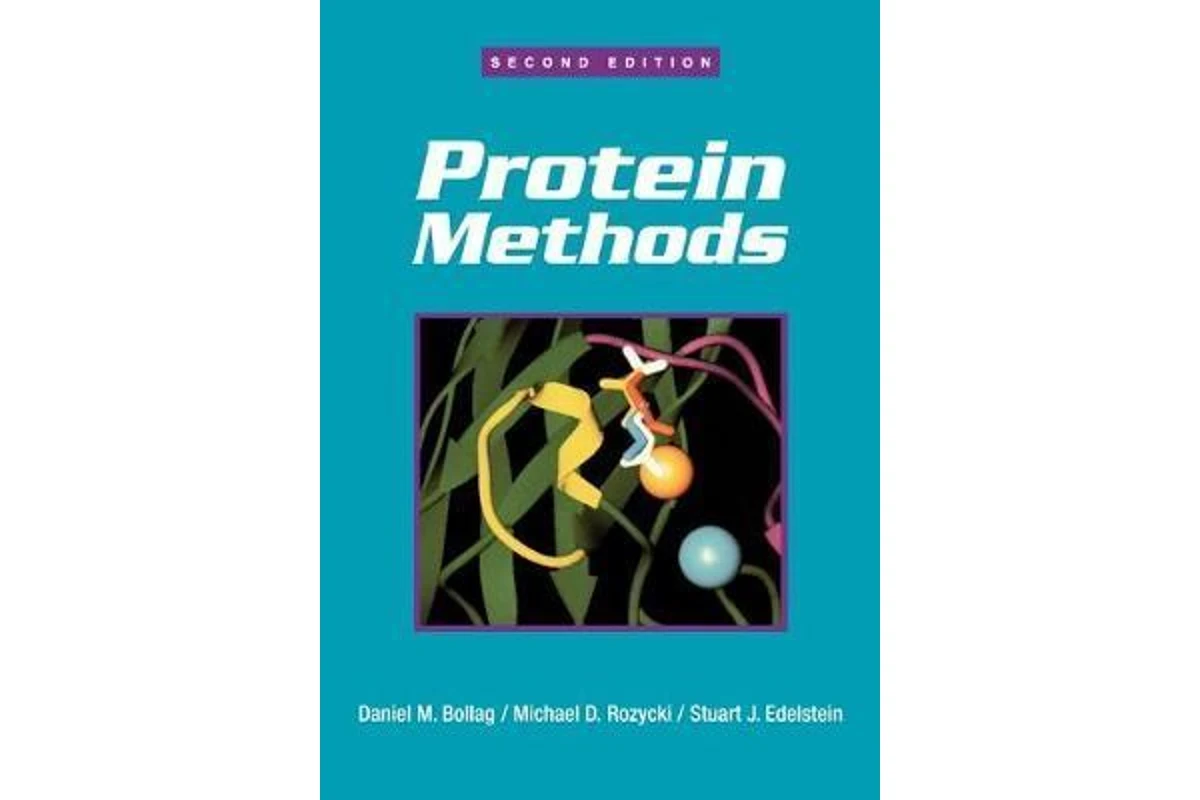
Into the Loneliness
Smartfox Books Code: PR10093
$60.20 NZD
Description:
*Shortlisted for the 2021 Queensland Literary Awards: Nonfiction Book Award*
An original and riveting biography of two of the most singular women Australia has ever seen.
Daisy Bates and Ernestine Hill were bestselling writers who told of life in the vast Australian interior. Daisy Bates, dressed in Victorian garb, malnourished and half-blind, camped with Aboriginal people in Western Australia and on the Nullarbor for decades, surrounded by her books, notes and artefacts. A self-taught ethnologist, desperate to be accepted by established male anthropologists, she sought to document the language and customs of the people who visited her camps. In 1935, Ernestine Hill, journalist and author of The Great Australian Loneliness, coaxed Bates to Adelaide to collaborate on a newspaper series. Their collaboration resulted in the 1938 international bestseller, The Passing of the Aborigines. This book informed popular opinion about Aboriginal people for decades, though Bates's failure to acknowledge Hill as her co-author strained their friendship.
Traversing great distances in a campervan, Eleanor Hogan reflects on the lives and work of these indefatigable women. From a contemporary perspective, their work seems quaint and sentimental, their outlook and preoccupations dated, paternalistic and even racist. Yet Bates and Hill took a genuine interest in Aboriginal people and their cultures long before they were considered worthy of the Australian mainstream's attention. With sensitivity
*Shortlisted for the 2021 Queensland Literary Awards: Nonfiction Book Award*
An original and riveting biography of two of the most singular women Australia has ever seen.
Daisy Bates and Ernestine Hill were bestselling writers who told of life in the vast Australian interior. Daisy Bates, dressed in Victorian garb, malnourished and half-blind, camped with Aboriginal people in Western Australia and on the Nullarbor for decades, surrounded by her books, notes and artefacts. A self-taught ethnologist, desperate to be accepted by established male anthropologists, she sought to document the language and customs of the people who visited her camps. In 1935, Ernestine Hill, journalist and author of The Great Australian Loneliness, coaxed Bates to Adelaide to collaborate on a newspaper series. Their collaboration resulted in the 1938 international bestseller, The Passing of the Aborigines. This book informed popular opinion about Aboriginal people for decades, though Bates's failure to acknowledge Hill as her co-author strained their friendship.
Traversing great distances in a campervan, Eleanor Hogan reflects on the lives and work of these indefatigable women. From a contemporary perspective, their work seems quaint and sentimental, their outlook and preoccupations dated, paternalistic and even racist. Yet Bates and Hill took a genuine interest in Aboriginal people and their cultures long before they were considered worthy of the Australian mainstream's attention. With sensitivity
The product may be provided by a different brand of comparable quality.
The actual product may vary slightly from the image shown.
Shop amazing plants at The Node – a top destination for plant lovers



.jpg)








.jpg)









.jpg)





.jpeg)





.jpeg)



.jpeg)








.jpeg)



.jpeg)

.jpeg)

.jpeg)

.jpeg)




.jpeg)
.jpg)

.jpeg)






.jpeg)
.jpeg)




.jpeg)





.jpeg)


.jpeg)

.jpeg)

.jpeg)

.jpeg)







.jpeg)
.jpeg)
.jpeg)





.jpeg)



.jpeg)






.jpg)
.jpeg)









.jpg)


ulva-Logo.jpg)




.jpeg)



.png)















.png)
























